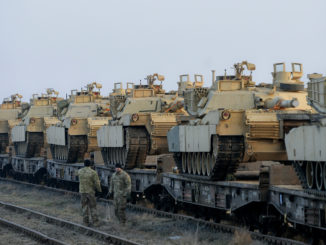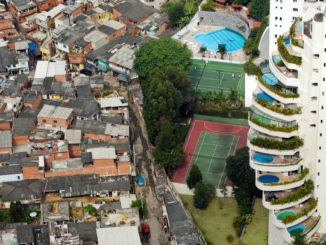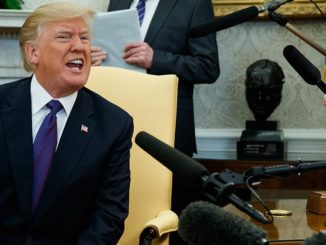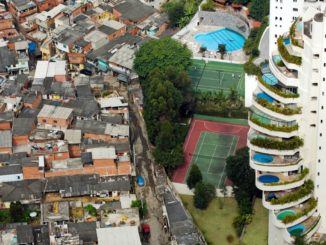GLOBALISM These are articles previously published by Toward Freedom related to this category.

The Wars No One Notices: Since 2001, the War on Terror Has Cost the US $5.6 Trillion
The $5.6 trillion price tag for the US War on Terror is an almost unfathomably large number. Imagine if we had invested such funds in more cancer research or the rebuilding of America’s infrastructure.





